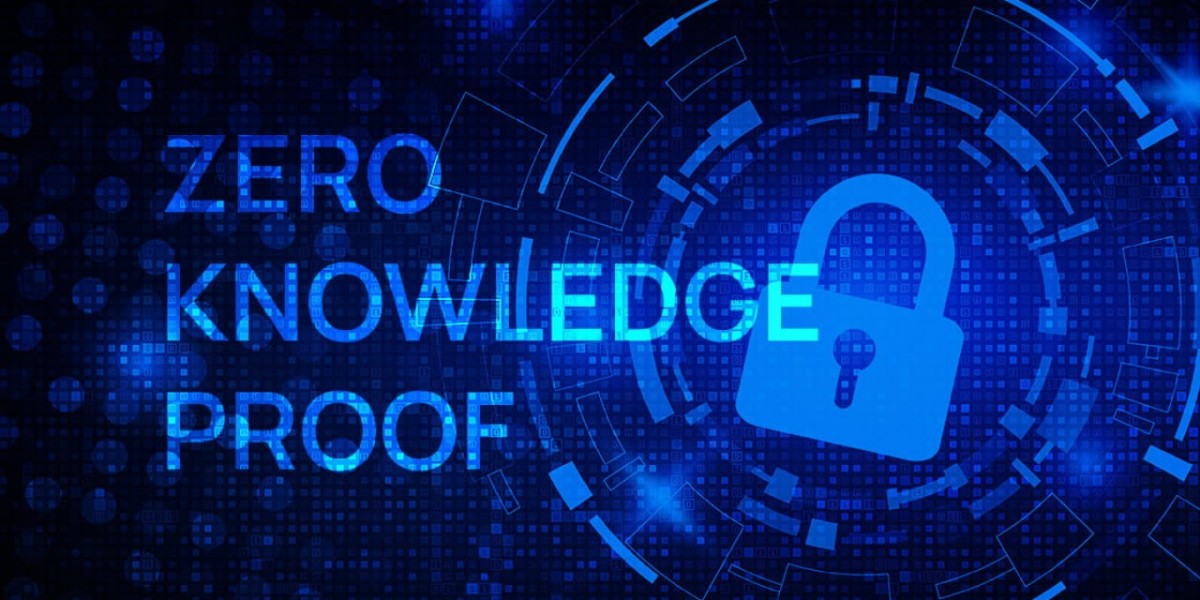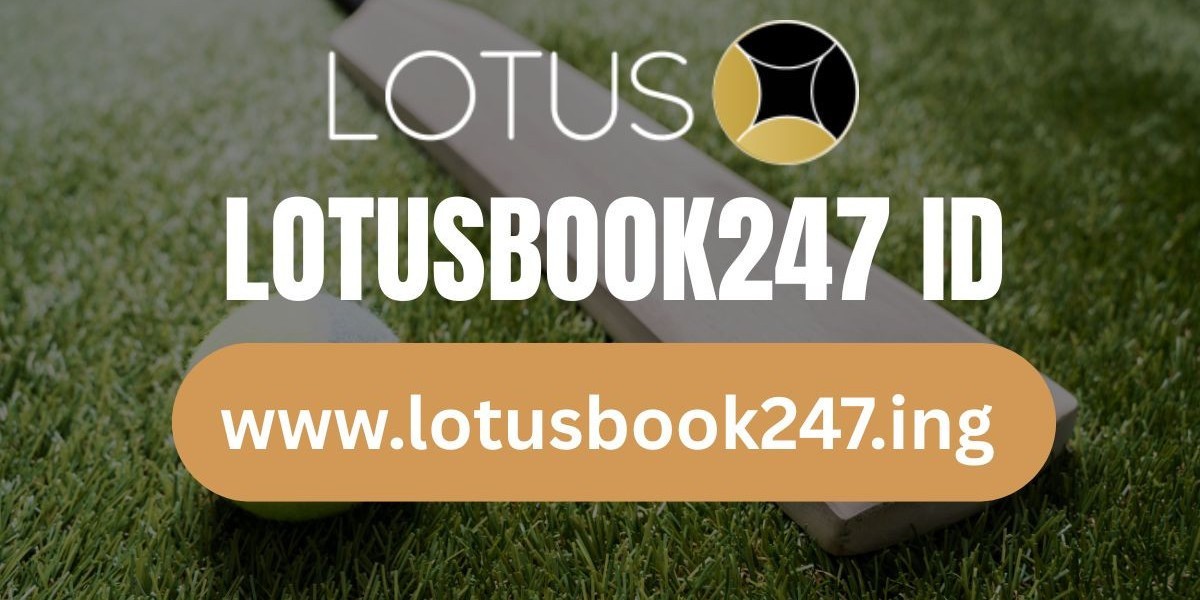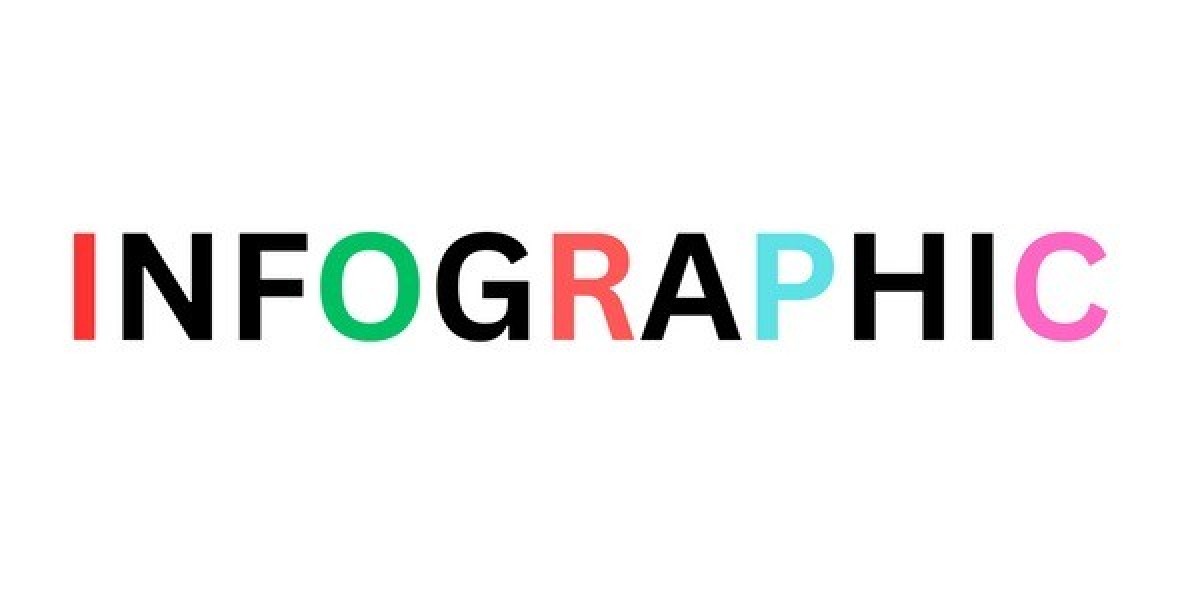For decades, privacy and security have been competing forces in the digital economy. Companies collect massive amounts of data to comply with regulations, personalize services, or secure transactions—but this centralization of information has fueled a rise in data breaches, identity theft, and cyberattacks.
Now, in 2025, both U.S. tech giants and Washington policymakers are rallying around a cryptographic innovation that promises a breakthrough: Zero Knowledge Proofs (ZKPs).
What Are Zero Knowledge Proofs?
A Zero Knowledge Proof allows one party to prove a fact without revealing the underlying data.
Examples include:
Proving you’re over 21 without sharing your date of birth.
Confirming a financial transaction is valid without exposing sender, receiver, or amount.
Verifying AI model outputs without disclosing training datasets.
This ability to provide trust without disclosure is what makes ZKPs so attractive to industries and regulators alike.
Tech Giants Leading the Charge
Silicon Valley and Web3
Companies in Silicon Valley, especially in the Web3 and blockchain space, are integrating ZKPs into wallets, DeFi platforms, and identity protocols. ZK-rollups are already helping scale Ethereum and other blockchains by verifying thousands of transactions with a single proof, cutting costs and boosting speed.
Big Tech and AI
With AI models facing scrutiny over bias and data privacy, tech giants like Google, Microsoft, and OpenAI are exploring ZKPs to validate model integrity without exposing sensitive training data. This means enterprises can deploy AI solutions while maintaining trust with regulators and users.
Cloud Providers
Amazon Web Services (AWS) and other cloud leaders are experimenting with ZKP-as-a-Service frameworks, making it easier for developers to integrate privacy-preserving proofs into mainstream apps without advanced cryptographic expertise.
Policymakers See the Potential
On the other side, Washington policymakers are increasingly supportive of ZKPs, not as a threat but as a tool to strengthen both privacy and compliance.
NIST Standardization → The National Institute of Standards and Technology is working on formal standards for ZKPs to ensure they are secure, interoperable, and auditable.
Financial Compliance → Regulators see ZKPs as a way for banks to meet AML and KYC requirements without exposing customers to unnecessary risks.
National Security → Agencies like the Department of Homeland Security are exploring ZKPs for digital identity, border verification, and secure communications.
This regulatory alignment signals that ZKPs are moving from theory to trusted infrastructure.
Why This Alliance Matters
The embrace of ZKPs by both tech companies and policymakers is rare and significant. Normally, industry pushes for innovation while regulators hesitate. With ZKPs, however, both sides see clear benefits:
For Tech Giants → New privacy-first products, reduced liability from data storage, and faster blockchain scalability.
For Policymakers → Better compliance tools, enhanced citizen privacy, and stronger national cybersecurity.
This synergy could accelerate adoption across finance, healthcare, digital identity, and AI.
Challenges to Widespread Adoption
Despite the enthusiasm, hurdles remain:
Technical Complexity → ZKPs require advanced mathematics, and tools are still maturing.
Education Gap → Policymakers and the general public need clearer understanding of how ZKPs work.
Global Coordination → Without international alignment, ZKP rules could become fragmented across regions.
Still, momentum is building rapidly, and developer-friendly frameworks are emerging to lower barriers.
Conclusion
In 2025, Zero Knowledge Proofs are no longer confined to cryptography labs—they’re at the center of America’s digital future. Tech giants are deploying them to scale blockchain, secure AI, and build privacy-first services. Policymakers are standardizing them to protect citizens, streamline compliance, and secure federal systems.
By aligning on ZKPs, Silicon Valley and Washington are betting on a technology that may finally resolve the decades-old tension between privacy and security. The future of digital trust in America is being written in zero knowledge.








